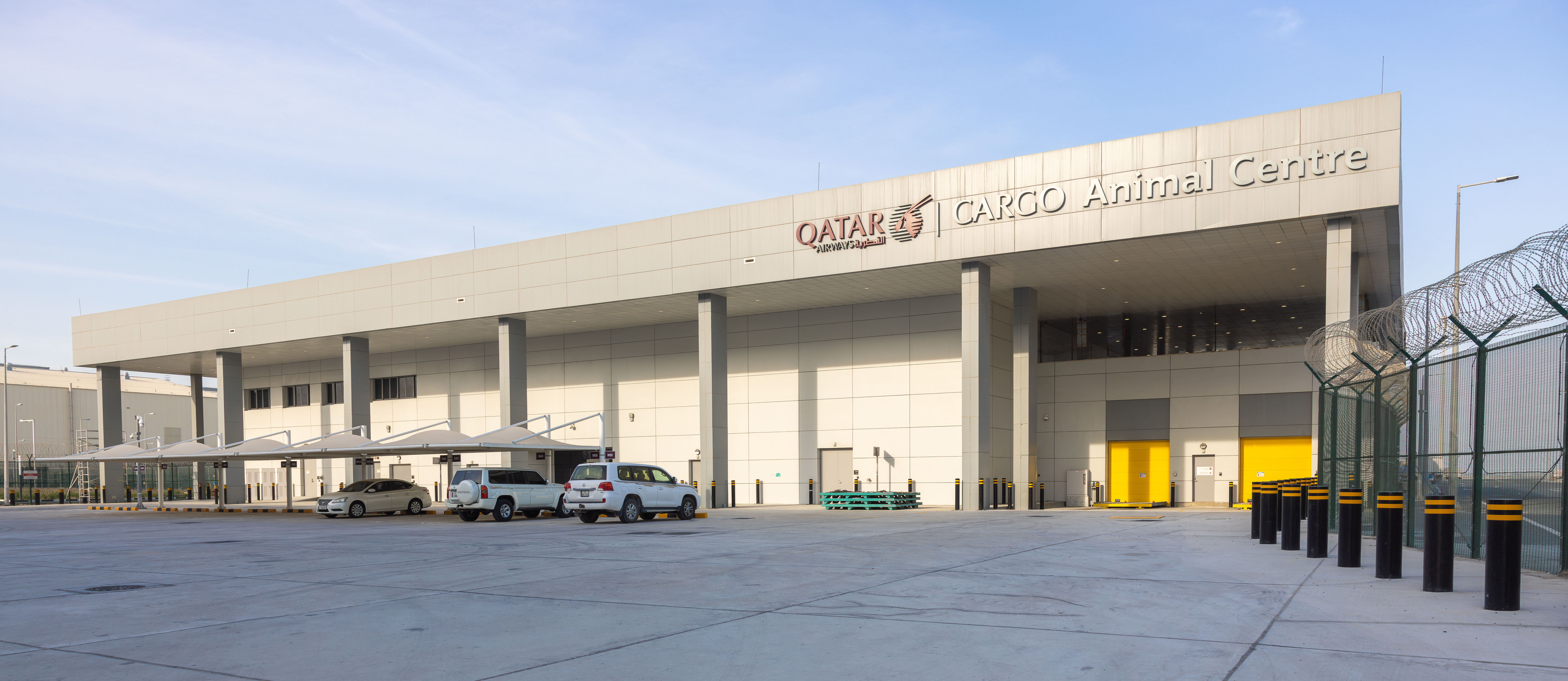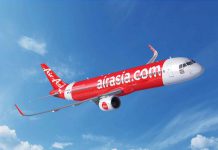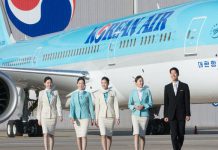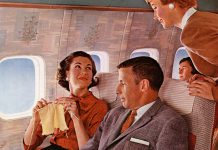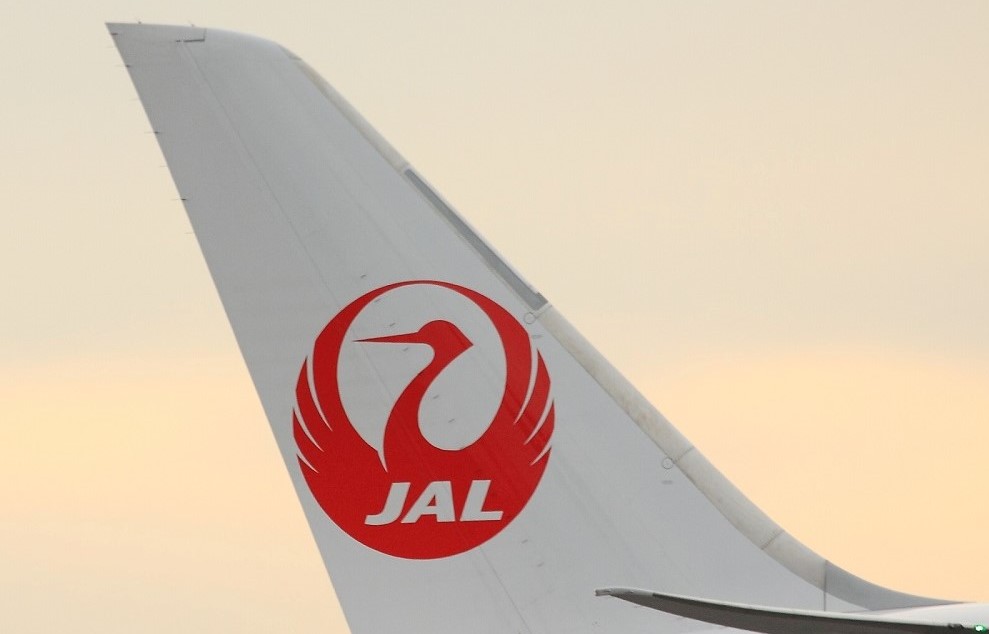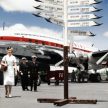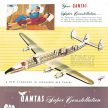Japan Airlines pilot has been arrested at London Heathrow Airport for being almost 10 times over the 0.02 alcohol limit for pilots,
The 42-year-old co-pilot returned a reading of 0.189, or 189mg of alcohol per 100ml — more than twice the 0.08 drink-drive limit in England.
JAL subsequently apologized for the breach and admitted that an in-house breath test was not conducted properly.
“The company sincerely apologizes to the passengers and to all affected by the employee’s actions,” JAL said in a press release.
JAL said pilot drank two bottles of wine and five cans of beer for six hours from 6 p.m. the night before the flight to Tokyo’s Haneda airport.
He was detained after the driver of the crew bus noticed the smell of alcohol on his breath.
The flight was delayed for about an hour and had to proceed with two pilots instead of the usual three.
This is one of several incidents involving Japanese carriers this year.
The Japan Times reported that the London case comes after All Nippon Airways apologized for five flight delays in Okinawa last week because a pilot became unwell after a night of drinking.
The newspaper said a JAL flight attendant in May was also caught sneaking a beer into a plane restroom and drinking it there in mid-flight.
Japan’s Transport Ministry on Thursday issued a document directing all Japanese airlines to report by month-end measures being taken to control drinking by flight staff.
READ Emirates to buy Rolls-Royce powered A380s.
The co-pilot faces charges in Britain over the offense.
Alcohol-affected pilots make headlines but are the exceptions rather than the rule.
Singapore Airlines also hit the news after one of its pilots failed a blood alcohol test in Melbourne and prompted the cancellation of two flights.
But Australia’s Civil Aviation Safety Authority in the 2017-18 financial year carried out 12,130 drug and alcohol tests and got just eight positive results.
Of these, only three were for alcohol and five were for drugs, including three for codeine, across a range of aviation roles.
The regulator is able to test anybody other than passengers in an airport area and anybody responsible for a “safety-sensitive aviation activity” in areas beyond an aerodrome. People in safety-sensitive jobs range from pilots to engineers and air traffic controllers.
Anyone who returns a positive result is immediately prevented from performing safety-sensitive activities and is required to take a second test to confirm the results.
Drug and alcohol testing is now required by many regulators and the European Union earlier this year extended mandatory alcohol testing to pilots and cabin crew of all airlines flying into its jurisdiction.
Testing is already well-established in many EU states but it will be extended to all member states within two years.


